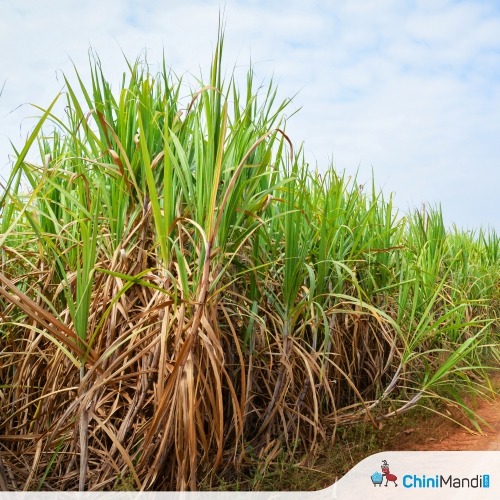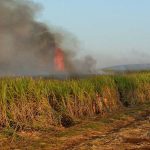Sugar mills across Fiji are now receiving over 60 percent burnt cane daily—a growing concern that is undermining the quality, reputation, and global marketability of the country’s sugar, reported FBCNews.
Permanent Secretary for the Ministry of Sugar, Dr. Vinesh Kumar, warned that the sharp rise in burnt cane is placing immense pressure on the industry as Fiji struggles to meet international standards.
He emphasized that penalties for supplying burnt cane will remain in force, noting that removing them could worsen the situation and further endanger the country’s sugar exports.
Dr. Kumar acknowledged that while there is no concrete evidence that farmers are intentionally burning their own crops, the consequences are severe, with international buyers increasingly rejecting Fiji’s sugar due to its declining quality.
“We are facing challenges in selling our sugar because the quality has dropped, and the main factor is burnt cane. When burnt cane reaches the mills, energy costs rise, and it takes longer to extract juice and crystallize it,” he explained.
He added that the problem is escalating, with mills reporting a consistent increase in burnt cane deliveries. “Currently, around 60 to 80 percent of cane received is burnt, and as a result, the quality of our sugar has deteriorated,” Dr. Kumar said.
Minister for Sugar Charan Jeath Singh stated that the government is addressing the issue by reintroducing extension officers to work directly with farmers and provide on-the-ground support.
Dr. Kumar, however, stressed that most farmers would not intentionally destroy their crops, suggesting that other factors, such as reports of laborers setting fires to secure harvesting work—may be contributing to the crisis.













